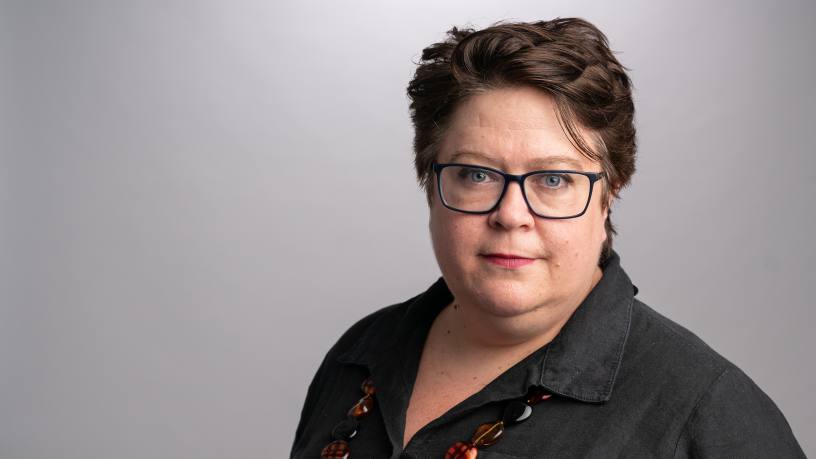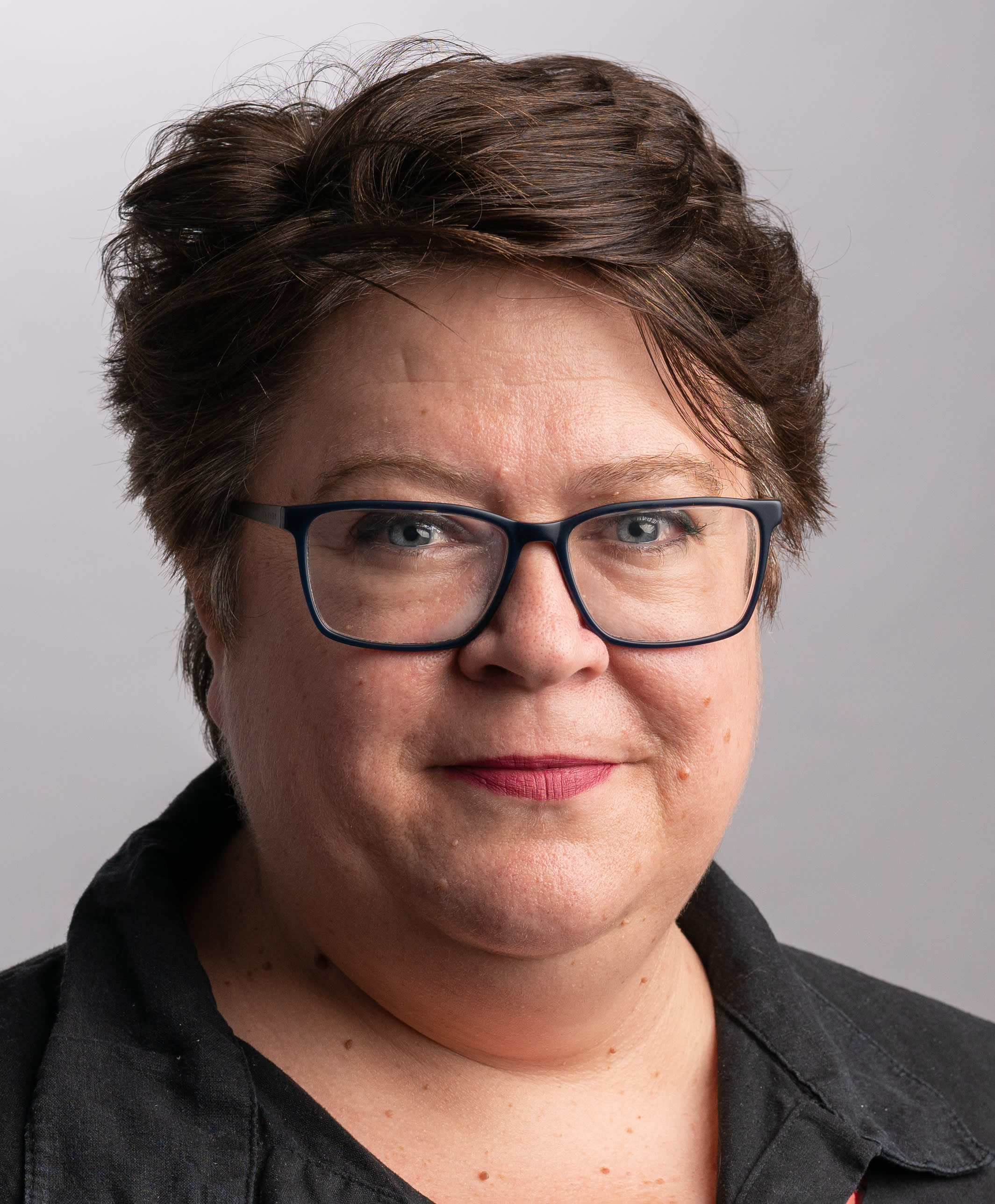There is a scene in the John Cusack movie High Fidelity from 23 years ago that stayed with me. (High Fidelity was also a good book by Nick Hornby set in 1990s London, while the movie version is noughties Chicago. It still works, trust me.) Anyway, the main character’s sorta ex-girlfriend is reading through a top-five list of dream jobs and therefore ‘dream lives’ that the depressed protagonist imagines he could have had if “qualifications, time, history and salary were no object”.
The character, Rob, lists things like “journalist for Rolling Stone magazine 1976–1979”, and musician for “any band besides classical or rap”. At number five he lists “architect — seven years training”. Rob’s ‘sorta ex-girlfriend’ looks at him and asks: “Wouldn’t you rather own your own record store than be an architect?” Since that is exactly the job the lead character has, he nods ‘yes’ and she amends the top-five dream job list to include ‘owning own record store’ at number five.
It’s a small scene, in a decades-old movie that has nothing to do with banking or payments or fintech. So why do I retell it now? The scene stayed with me because I, as many others, have sometimes looked at my life and seen the things that are not, rather than embraced the things that are. However, when we realise ‘the things that are’ can be better than an imagined ‘better path’, life becomes less depressing.
I was thinking of this scene as it relates to innovation and banking and all the panels, videos and discussions happening at this year’s Sibos event in Toronto. The theme this year is “collaborative finance in a fragmented world”. Just the type of wordy marketing speak that is trying to say something, you know what it means, but it really doesn’t say much. But that is what marketing slogans do — some are better than others.
But Swift also celebrated 50 years of existence at the show. Fifty years of a ‘collaborative’ membership organisation of many global banks working for the cause of ‘making financial messaging better’. That is no small thing.
I interviewed Dario Gill, senior vice-president and director of IBM research on day one of Sibos. As we sat down on stage, I remarked that it seems like every year we talk about the ‘massive transformations’ underway in financial services and how they will enable banks to simultaneously achieve the competing objectives of growth, cost and risk mitigation. Basically: ‘we were promised flying cars’, but for banks.
What is so different about today? Artificial intelligence (AI) and machine learning have been around since the 1950s. Relational databases altered the data landscape 40 years ago. Platforms and software-as-a-service (Saas) have been around for at least as long. What is different today? Why does change seem to be everywhere — Saas, generative AI, all flavours of data from fabrics to lakes to meshes, instant, cross-border payments and electronic trade finance.
Yet, at the same time, change is just out of reach — the fintech companies are more agile and innovative, blockchain and crypto will make banking redundant and looking towards regulators to protect humanity from the excesses of AI appears a Sisyphean endeavour.
See more on Sibos
What if we looked at our industry as things are, rather than what they could be if “qualifications, time, history and salary were no object”? This week, a 50-year-old banking membership organisation signed a deal with a 12-year-old fintech company to create a platform to increase cross-border payment options for financial institutions and their customers.
Is the partnership between Swift and Wise a “baller” move by the UK/Estonian company, as described by Simon Taylor, head of strategy and content at Sardine on LinkedIn? Or is it just good news for the industry in general?
There is a keynote talk that went around the various events a few years ago that used to bug me. The speaker would say things like: “Uber is the biggest taxi company in the world, and it owns no cars! AirBnB is the largest hotel in the world and it owns no hotels!” These over-the-top proclamations were supposed to showcase a new business model that was revolutionising commerce and consumer behaviour. My issue was that this talk was being given to banks.
The speakers were trying to show so-called conservative, backward-looking bankers what was possible, and what the world ‘could be’. But they failed to understand what banking actually is. Look around at some of the global banks on the Sibos floor this week. Some of the largest banks in the world — HSBC, JPMorgan, Citi — are all talking about making money move faster, with less friction and for less cost.
None of those banks actually own the money. They don’t even manufacture the money, for the most part. Global banking has been making its living with a product they do not own, nor create — and they have been doing it for centuries. That is the world as it is and not as we dream it to be.
My hunch is that true change comes from working with the world as it is and seeing the hard work, successes and challenges that need to be celebrated with that. (Because no time machine nor wizard is going to turn me into Nora Ephron penning When Harry Met Sally in the 1980s.)
Liz Lumley is deputy editor of The Banker. Follow her on X (formerly known as Twitter) @LizLum
Register to sign up to Digital journeys, our new weekly newsletter, as well as the latest analysis and features from The Banker.






